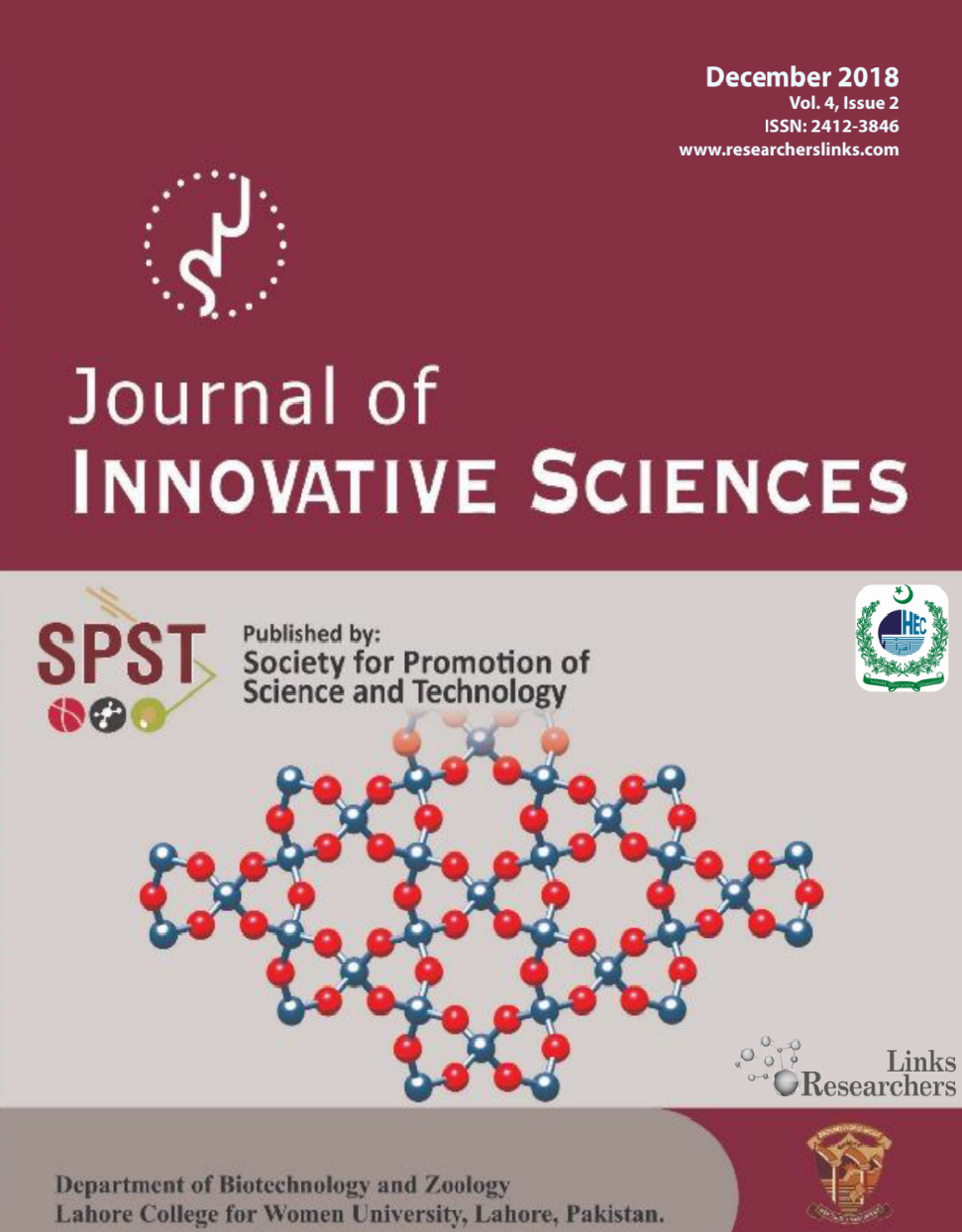Alteration of Physical and Chemical Properties of Livestock Manures by Eisenia fetida (Savigny, 1926) and Developing Valuable Organic Fertilizer
Alteration of Physical and Chemical Properties of Livestock Manures by Eisenia fetida (Savigny, 1926) and Developing Valuable Organic Fertilizer
Korkmaz Bellitürk1, Zubair Aslam2, Ali Ahmad2* and Sami ur Rehman2
ABSTRACT
The end product of the aerobic composting process is vermicompost which is prepared by the use of earthworms. Vermicompost contains sophisticated and more soluble major and minor nutrients. The objective of this experiment was the chemical and physical analysis of raw material of goat manure, cow dung, sheep manure and their vermicompost products. The earthworms for vermicomposting, Eisenia fetida (an epigeic species), were used as the test species. The samples were collected from prepared vermicompost and raw material for chemical and physical examination. For these samples, the pH, EC, organic matter, C:N ratio, phosphorus, potassium, calcium, magnesium, iron, nitrogen, sulfur and heavy metals i.e. tin, cadmium, nickel, lead, mercury and chromium parameters were evaluated. The experimental design was Complete Randomized Design (CRD). The data obtained was investigated at 1% probability and Least Significant Difference (LSD) test was used to segregate the significant means. The outcomes showed that percentages of EC, C:N ratio, heavy metals and organic matter decreased in vermicompost as compared to raw material while the proportion of pH, Ca, Mg, Fe, S, N, P, K increased in vermicompost as compared to livestock manures. Based on obtained results, it could be determined that the vermicompost had an outstanding nutrients availability, established by chemical studies, and confined all the vital macro, micronutrients and less heavy metals. This analysis will also support to select the best option for future use of these materials in the fields.
To share on other social networks, click on any share button. What are these?




